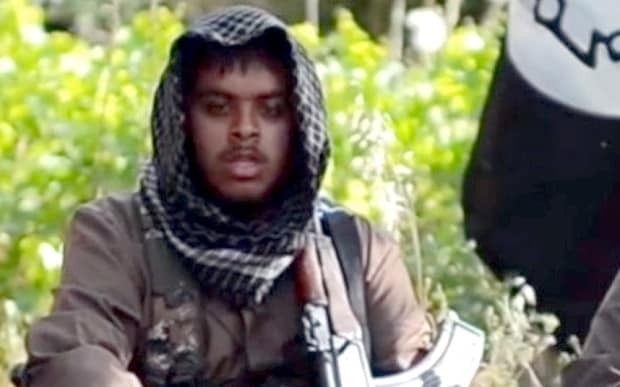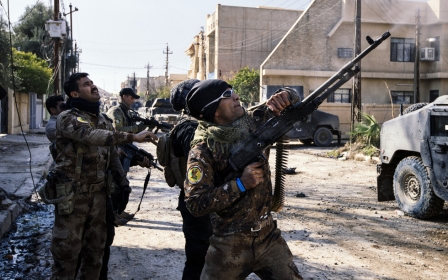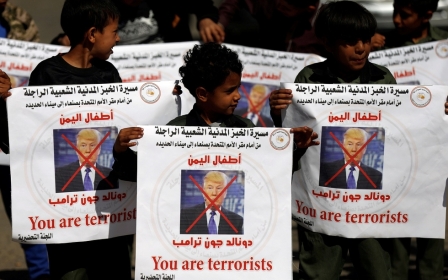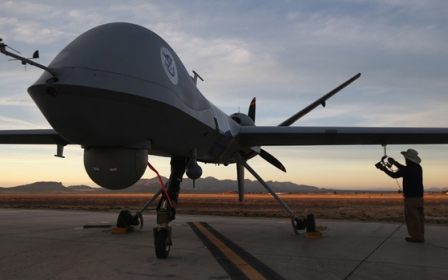MPs slam transparency over drone death of British IS member

A British parliamentary committee on Wednesday criticised the lack of government transparency during an investigation into an RAF drone strike against a British member of the Islamic State group in Syria.
Reyaad Khan was killed along with two others in an August 2015 in Raqqa province, becoming the first British terrorism suspect killed overseas in a country with which the UK was not technically at war.
The then-prime minister, David Cameron, called the attack a "new departure" for the UK. Government justified the attack by stating Khan posed an "imminent threat" to the UK.
A report by the Intelligence and Security Committee of Parliament, released to the public on Wednesday, found that Khan had posed a "very serious threat to the UK". It did not investigate the legality of the drone strike, only whether it fulfilled the government's own legal justifications.
'This failure to provide what we consider to be relevant documents is profoundly disappointing'
- Dominic Grieve MP, committee chair
"We are in no doubt that Reyaad Khan posed a very serious threat to the UK," chairman of the ISC, Dominic Grieve QC, Conservative MP for Beaconsfield, said.
However, he added, "there is nevertheless a question as to how the threat is quantified and in this instance whether the actions of Khan and his associates amounted to an 'armed attack' against the UK or Iraq – which is clearly a subjective assessment".
Denial of access to key ministerial level information meant that the committee has therefore been unable to consider how ministers came to that assessment, Grieve added.
"This failure to provide what we consider to be relevant documents is profoundly disappointing."
The committee's investigation was launched in October 2015, and handed to Downing Street in December, according to the Guardian.
Khan was 21 when he was killed, alongside two other IS members, in what Grieve called "the first time that the UK had conducted a lethal drone strike against a terrorist target outside of participation in a military campaign".
Originally from Cardiff, Khan travelled to Syria in 2013.
He was involved, according to the report, in recruiting potential attackers to target the UK, including a number of foiled attacks, and in disseminating information about building bombs.
Khan "orchestrated numerous plots to murder large numbers of UK citizens and those of our allies, as part of a wider terrorist group which considers itself at war with the West", the report says.
Human rights charity Reprieve criticised the government's response to the investigation, and said the policy of using lethal drone strikes outside of warzones was "emulating a failed US model that has killed civilians and done little to make the world safer".
Kate Higham, assassinations project lead at Reprieve, added, "as this report shows, the Government continues to block Parliament and the public from meaningful debate about it.
"This lack of oversight over such serious issues is completely unacceptable – ministers must urgently submit the UK's kill policy to proper public scrutiny."
Last December, Britain announced it was doubling its fleet of armed drones, agreeing a $127m deal for a new generation of US-made aircraft for the Royal Air Force.
New MEE newsletter: Jerusalem Dispatch
Sign up to get the latest insights and analysis on Israel-Palestine, alongside Turkey Unpacked and other MEE newsletters
Middle East Eye delivers independent and unrivalled coverage and analysis of the Middle East, North Africa and beyond. To learn more about republishing this content and the associated fees, please fill out this form. More about MEE can be found here.




